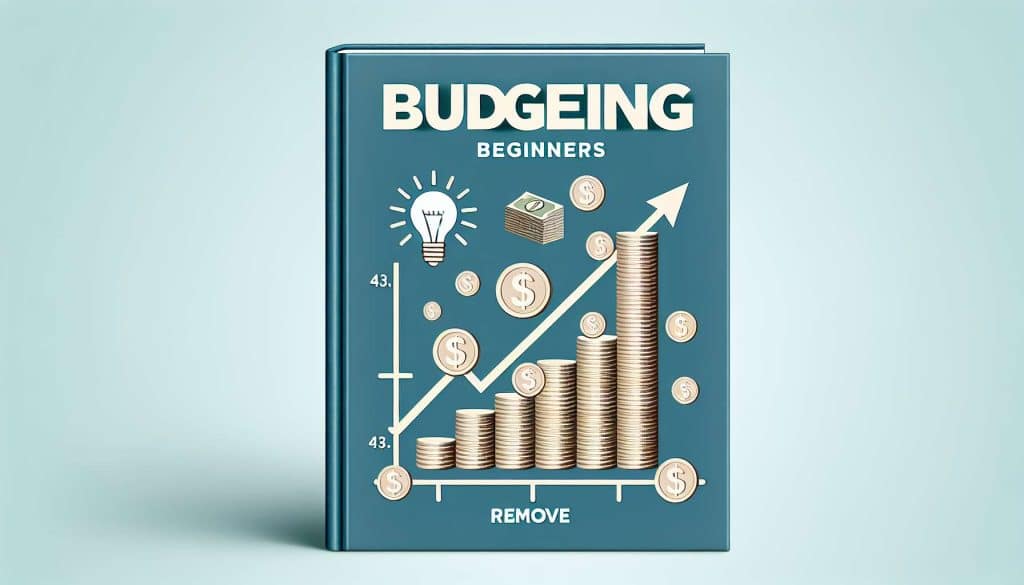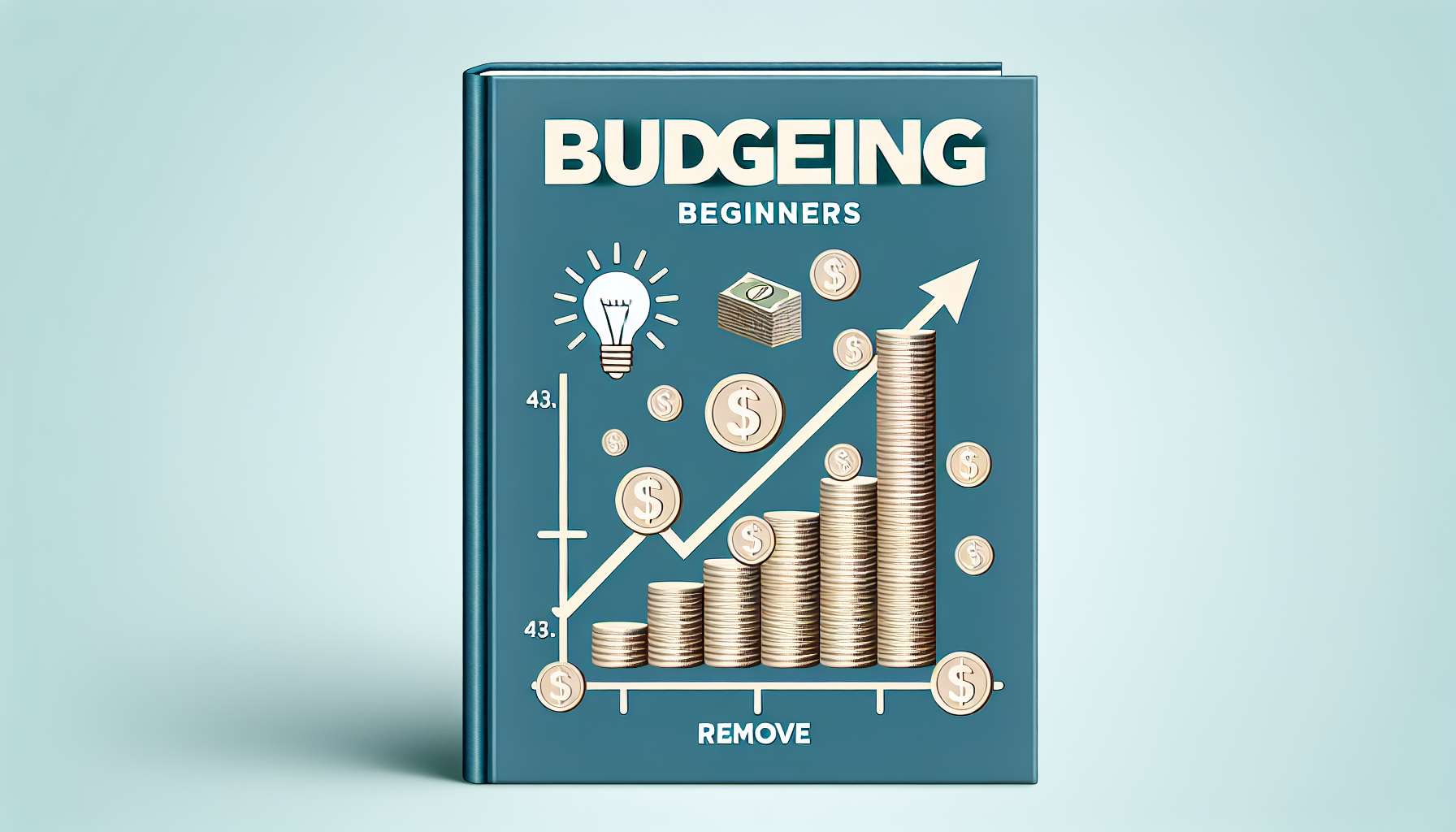Budgeting 101: Essential Tips for Financial Success


In the current economic climate, effectively managing personal finances is more crucial than ever. With an array of financial goals in mind, from reducing debt to saving for significant purchases, budgeting stands out as a vital strategy for achieving these objectives. Despite its importance, many struggle with the concept, fearing limitations or the complexity of the budgeting process. This article aims to simplify budgeting for beginners, offering practical approaches to handle finances adeptly and sidestep common mistakes.
Anúncios
Understanding the fundamentals of budgeting is key to taking control of one’s financial future. A budget is essentially a roadmap for managing your money, directing income toward expenses, savings, and debt reduction. Taking the time to establish a budget is a proactive step toward achieving long-term financial health. While it may seem daunting at first, creating a budget allows you to dictate the flow of your money, ensuring it serves your needs and future aspirations.
Budgeting transcends being just a financial routine; it is an empowering tool that clearly delineates spending patterns, aiding prioritization for expenditures and fostering savings. Tracking where your money goes makes decision-making more informed and strategic. By setting a structured budget, you bring clarity and focus to your financial life, allowing for intentional spending that aligns with your goals and lifestyle choices.
Understanding the Basics of Budgeting
Creating an effective budget begins with assessing your current financial status. Start by listing all sources of income, such as salaries, side jobs, or investments. Next, categorize your expenses into fixed costs, like rent and utilities, and variable ones like entertainment or dining out. Understanding your financial landscape is the first step to informed budgeting.
Defining clear, achievable financial goals is pivotal in the budgeting process. Goals can range from short-term wishes, like purchasing a new appliance, to long-term aspirations, such as retirement planning. Focusing on these objectives shapes your budget, ensuring your spending aligns with your financial priorities.
Choosing a budgeting method that suits your lifestyle is essential. Whether you follow the popular 50/30/20 rule, adopt zero-based budgeting, or use cash envelopes for spending categories, the key is to experiment until you find a system that works for you. Consistency in applying your chosen method is crucial to its success.
Regularly tracking your expenses is integral to maintaining an effective budget. Use tools like bank statements or budgeting apps to monitor your spending patterns. Regular analysis helps identify costs that can be cut or adjusted, providing opportunities for greater savings or debt repayment.
Budgets require flexibility. As your life evolves—be it through a job change, a shift in expenses, or new financial goals—your budget should adapt accordingly. Regular reviews and adjustments ensure it remains relevant and effective, guiding your financial decisions with accuracy and foresight.
Essential Features of a Budget
- Comprehensive income assessment
- Categorization of fixed and variable expenses
- Clear, attainable financial goals
- Implementation of a suitable budgeting method
- Consistency in tracking expenses
- Regular budget reviews and adjustments
Benefits of Budgeting
Budgeting offers numerous advantages, significantly contributing to financial stability and growth. It fosters a clearer understanding of your financial situation, aiding in prioritization and enabling more purposeful spending. Embracing a budget can empower you to achieve a range of financial goals, from debt reduction to future savings.
- Clarifies financial standing
- Enhances decision-making
- Prevents overspending
- Encourages regular savings
- Improves ability to achieve financial goals
- Builds financial discipline and foresight
One of the most significant benefits of budgeting is the peace of mind it brings. When you are aware of your financial limits and possibilities, you’re better equipped to handle uncertainties, reducing anxiety over unexpected expenses or financial downturns. A well-structured budget serves as a financial buffer, offering security in tumultuous times.
Setting up automatic transfers to savings accounts can mitigate the temptation to spend, ensuring you’re consistently contributing to your future goals. Additionally, budgeting disciplines you to adhere to your financial plan, reinforcing positive habits and deterring impulse purchases that can jeopardize your budget.
Visual aids, such as charts or graphs, can be particularly useful in tracking your financial progress. Seeing tangible progress can motivate adherence to the budget, providing a sense of accomplishment as you reach financial milestones. Celebrating these achievements further strengthens discipline and commitment to your financial strategy.
Ultimately, transitioning to a budget-focused life is a step toward greater financial security and prosperity. The initial process of learning and adapting may be challenging, but the rewards—stability, growth, and peace of mind—are invaluable. By consistently applying these budgeting principles, you’ll cultivate a healthier financial outlook that supports both your current needs and future aspirations.





